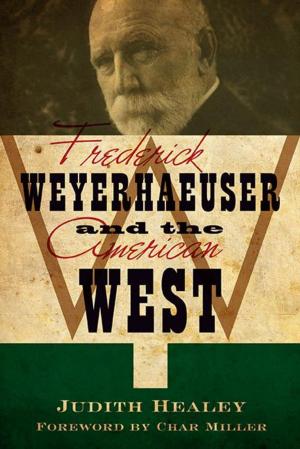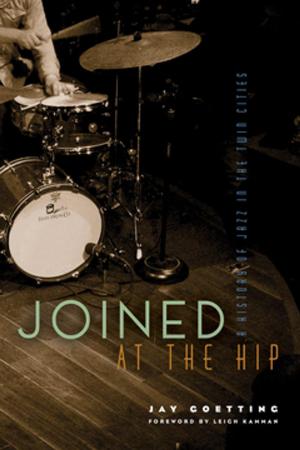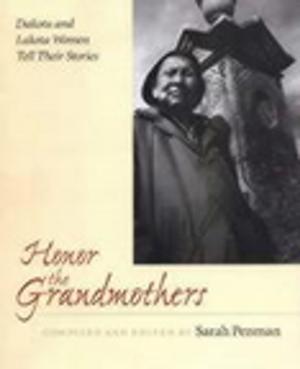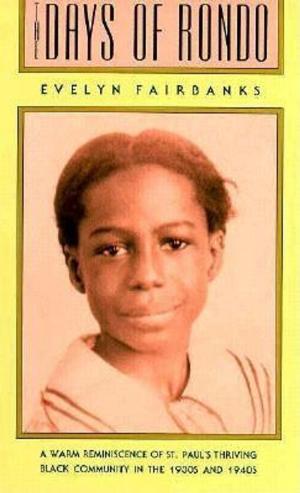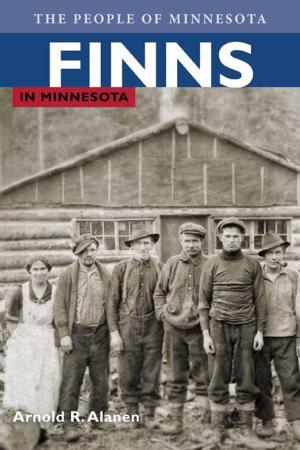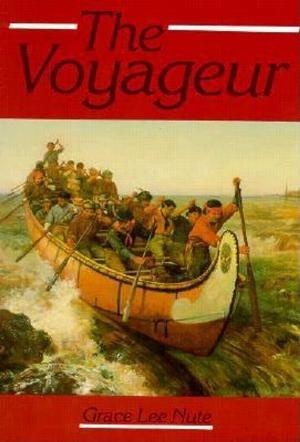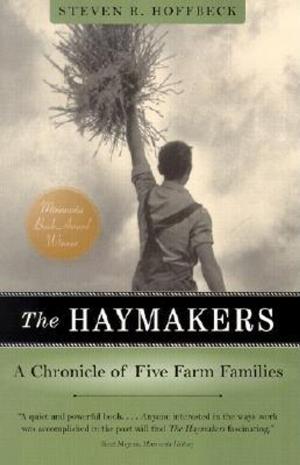| Author: | Kevin Fenton | ISBN: | 9780873519151 |
| Publisher: | Minnesota Historical Society Press | Publication: | September 1, 2013 |
| Imprint: | Minnesota Historical Society Press | Language: | English |
| Author: | Kevin Fenton |
| ISBN: | 9780873519151 |
| Publisher: | Minnesota Historical Society Press |
| Publication: | September 1, 2013 |
| Imprint: | Minnesota Historical Society Press |
| Language: | English |
In 1959, Kevin Fenton was born on a family farm overlooking Rollingstone, Minnesota—a tight-knit village founded by Luxembourgers and so Catholic that the parish school was the only school in town. The farm, and Kevin's memory, is filled with the closeness of his large family. Dennis, the oldest brother, drives everyone—rather dangerously—to school. His sisters dance to records in the afternoons. At bedtime, knock-knock jokes flow between the siblings' rooms. Kevin has the powerful sense of being born lucky.
Soon, however, the farm is lost; the school closed; the family fractured. The family's move from the farm, while not all bad, leaves Kevin yearning for Rollingstone and the old family home. He begins a sometimes self-destructive search for new ways to define himself—in friendship, in art, in words—that lasts well into adulthood. And while his losses are still grievous, he begins to see new circuits of possibility and rediscover old sources of strength.
Leaving Rollingstone, set in a time of major social change, is a portrait of the inevitability of loss and the power of choice, about how a big-city ad man and novelist reclaimed the enduring values and surprising vitality of his small-town boyhood.
In 1959, Kevin Fenton was born on a family farm overlooking Rollingstone, Minnesota—a tight-knit village founded by Luxembourgers and so Catholic that the parish school was the only school in town. The farm, and Kevin's memory, is filled with the closeness of his large family. Dennis, the oldest brother, drives everyone—rather dangerously—to school. His sisters dance to records in the afternoons. At bedtime, knock-knock jokes flow between the siblings' rooms. Kevin has the powerful sense of being born lucky.
Soon, however, the farm is lost; the school closed; the family fractured. The family's move from the farm, while not all bad, leaves Kevin yearning for Rollingstone and the old family home. He begins a sometimes self-destructive search for new ways to define himself—in friendship, in art, in words—that lasts well into adulthood. And while his losses are still grievous, he begins to see new circuits of possibility and rediscover old sources of strength.
Leaving Rollingstone, set in a time of major social change, is a portrait of the inevitability of loss and the power of choice, about how a big-city ad man and novelist reclaimed the enduring values and surprising vitality of his small-town boyhood.

